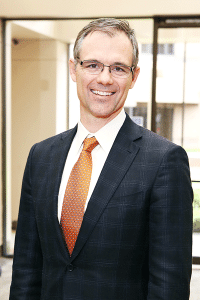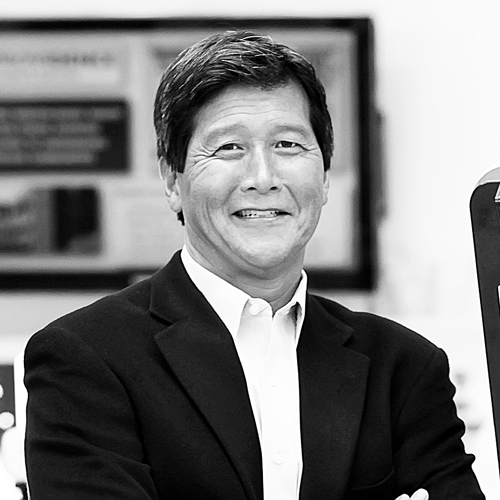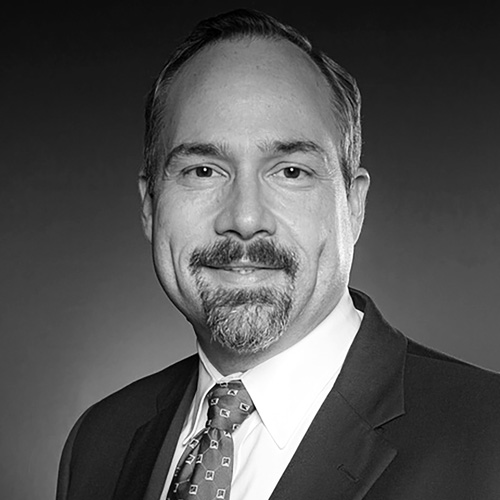
Behavioral health has been pushing its way into the spotlight of the American consciousness over the past several months. Due to national coverage of frightening incidents of violence, government leaders and citizens alike have started to look at behavioral health for answers.
But even all of this attention can fail to communicate the prevalence of behavioral health needs, and it can create unfortunate misconceptions about mentally ill individuals.
Psychiatric disorders are not reserved for the loud, homeless man on the street corner or the disturbed teenager who brings a gun to school. These cases are just as easily found in family and friends, teachers, students, and any number of people who cross paths every day.
One in five Americans live with a diagnosable mental illness or mood disorder, like depression, yet only half of those experiencing depression seek treatment.
That’s partially because treatment isn’t always available, and when it is, access is limited by legislation that was passed when Medicaid was implemented in 1965. This legislation—the Institutions for Mental Disease (IMD) Exclusion—states that within the Medicaid system, facilities that are treating more than 50 percent of patients for behavioral health conditions and have more than sixteen beds are excluded from federal funding for adult patients with
Medicaid coverage.
This rule limits adult Medicaid patients to find care in psychiatric units within general hospitals, and has created a vacuum for the vast number of people who need care and have healthcare coverage, but are arbitrarily restricted from pursuing treatment in freestanding psychiatric hospitals.
“If a patient engages treatment, they are likely to continue it when they leave the hospital. And that reduces their chance of readmission.”
Fortunately, rising institutions like SUN Behavioral Health are beginning to fill that vacuum by creating IMDs, or freestanding psychiatric hospitals, in locations or partnerships where adult Medicaid patients would not be excluded.
“Our entire business at SUN is focused on what our name stands for: Solving Unmet Needs,” says SUN founder, president, and CEO Steve Page. “When we first began laying out the vision for SUN, we started with one question: how do we create a hospital that can accept anyone that meets admission criteria, regardless of ability to pay or payer source?”
Page had been the CFO of Ascend Health for nearly six years when Ascend was acquired in 2012, at which time he took the opportunity to pursue his vision of providing accessible behavioral health care in communities that needed it most. He rallied a team of experts from Ascend who shared his vision and unique experience of opening new facilities, and SUN Behavioral Health was formed in October 2013. Six months later, the project was fully funded by investors who recognized the great need that SUN would be meeting.
“We knew we had to create a business that was essential to the community if it was going to last, be financially viable, and have a positive social impact,” Page says. “Doing that boils down to creating behavioral health services of scale and access.”
To do that, SUN needed to find communities large enough to grow to a scale that could offer economic benefits, as well as clinical ones. For example, patients are more likely to engage with treatment in an environment that’s conducive to their personal health, and such an environment often requires groups of similar individuals and specialty programs for certain needs. “If a patient engages treatment, they are likely to continue it when they leave the hospital,” Page says. “And that reduces their chance of readmission.”
Critical to SUN’s mission was creating a facility financially capable of accepting every person in need of care, including those covered by Medicaid. Some states have acquired waivers from the Centers for Medicare and Medicaid Services to contract with freestanding psychiatric hospitals for adult patients, and Congress is beginning to explore changes to legislation, including a pilot program in eleven states. “SUN is committed to finding creative solutions that meet everyone’s needs,” Page says.
This passion for care has resulted in SUN launching four projects in four different states, each with its own unique needs.
One such unique project is through a partnership with St. Elizabeth Healthcare, a hospital system in northern Kentucky that wanted to offer more to psychiatric patients, but needed help. SUN was invited to consolidate St. Elizabeth’s separate psych units into one freestanding hospital and manage it as a stand-alone facility. “It’s unique to see a three-year-old, for-profit company that has now partnered with a 150-year-old, Catholic, not-for-profit,” Page says. “But when it comes to patient care and community impact, our organizations are much more similar than it may appear.” Now, as the system improves, SUN is poised to evolve alongside it, working through changes with St. Elizabeth as they come.
Change is certainly welcome in the behavioral health industry, and the elimination of the IMD exclusion is the kind that SUN Behavioral Health hopes to see in the future. Page is confident that his team will lead the way—even if there’s a long way to go.
“Being able to see the change in the communities where we go is powerful,” he says. “It’s incredibly rewarding being able to set the vision and go after it with the amazing support of investors, team members, and communities themselves.” That vast, unwavering support draws the curtain back even further on the need for behavioral healthcare nationwide, and as the spotlight grows, SUN Behavioral Health is at the center, ready to shine.


